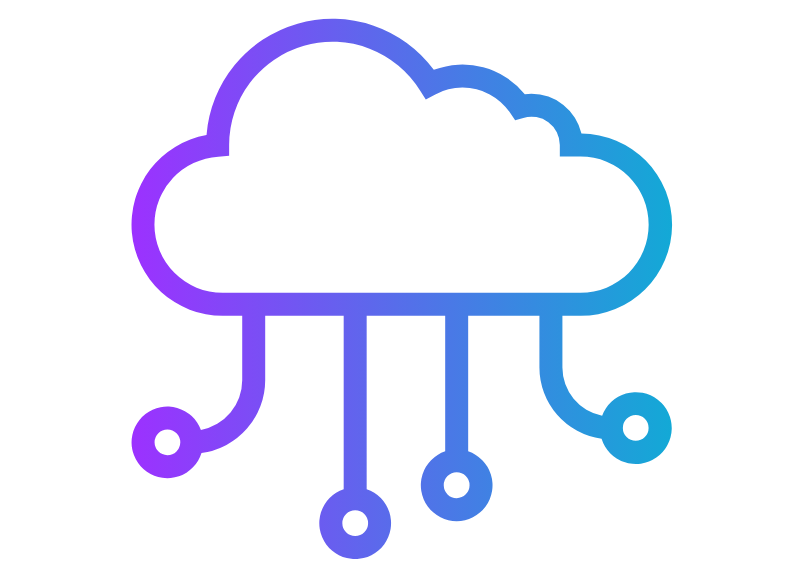
Cloud computing has become an integral part of modern technology, revolutionizing the way businesses and individuals store, access, and manage data. This article provides a general overview of cloud computing systems, outlining their key components, benefits, and common usage.

What is Cloud Computing?
Cloud computing refers to the delivery of computing services, including servers, storage, databases, networking, software, and analytics, over the internet. Rather than maintaining physical servers or storage devices, individuals and organizations can access technology resources on-demand from a cloud services provider.

Key Components of Cloud Computing Systems
Cloud computing systems are comprised of several key components, each serving a specific function:
- Infrastructure as a Service (IaaS): Offers virtualized computing resources over the internet, allowing users to rent servers, storage, and networking.
- Platform as a Service (PaaS): Provides a platform allowing customers to develop, run, and manage applications without the complexity of building and maintaining the infrastructure.
- Software as a Service (SaaS): Delivers software applications over the internet on a subscription basis, eliminating the need for installation and maintenance.
- Public, Private, and Hybrid Clouds: Public clouds are owned and operated by a third-party cloud service provider, private clouds are dedicated to a single organization, and hybrid clouds combine elements of both.

Benefits of Cloud Computing
Cloud computing offers a range of benefits to both individuals and businesses:
- Cost-Effectiveness: Eliminates the need for upfront investment in hardware, as well as the ongoing costs of maintenance and support.
- Scalability: Allows users to scale resources up or down based on demand, ensuring optimal performance and cost-efficiency.
- Accessibility: Enables remote access to data and applications from any location with internet connectivity.
- Reliability and Security: Cloud providers often offer robust security measures and regular system updates, enhancing data protection and reliability.
Common Usage of Cloud Computing
Cloud computing is utilized across various industries and for a wide range of applications:
- Data Storage and Backup: Individuals and businesses leverage cloud storage services for secure data storage and backup.
- Application Development and Testing: PaaS facilitates efficient development and testing of applications without the need for dedicated infrastructure.
- Collaboration and Communication: SaaS solutions such as email, office productivity tools, and collaboration platforms enable seamless communication and collaboration among teams.
- Big Data Analytics: Cloud-based analytics services provide the infrastructure and tools to analyze large volumes of data for valuable insights.
In conclusion, cloud computing systems have transformed the way technology resources are accessed and utilized, offering flexibility, scalability, and cost-efficiency. As the digital landscape continues to evolve, cloud computing is poised to play an increasingly vital role in driving innovation and efficiency across industries.






